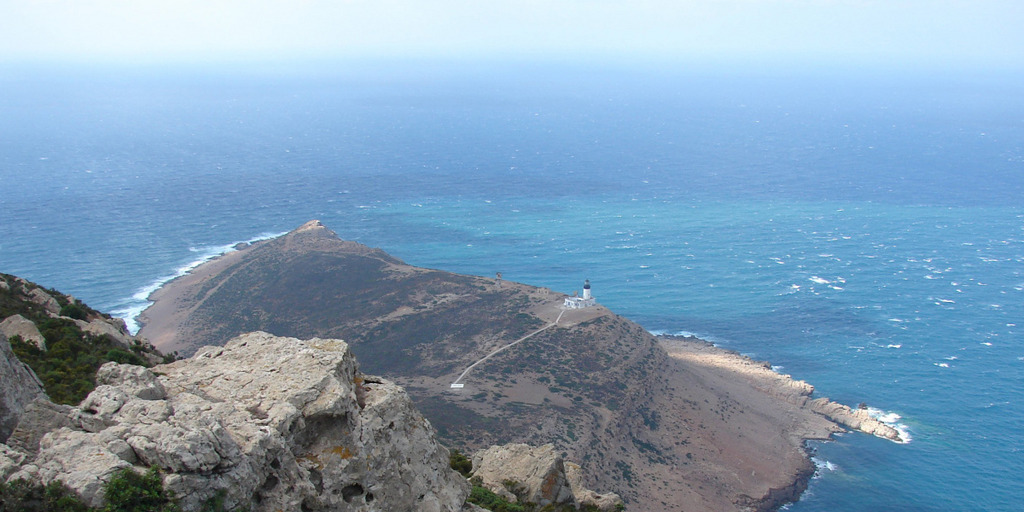46,000 kilometres of coastline, 22 countries with 480 million inhabitants – 250 million of whom live in coastal regions: the area surrounding the Mediterranean consists of many sensitive ecosystems and is one of the busiest regions in the world, forming a melting pot of opportunities and challenges that connects Europe with its southern neighbours in North Africa and the Middle East.
Article 8 of the Treaty on European Union states that the EU should aim to establish special relations with its neighbouring states in order to create a region of prosperity predicated on European values and characterised by close, friendly relations based on cooperation.




